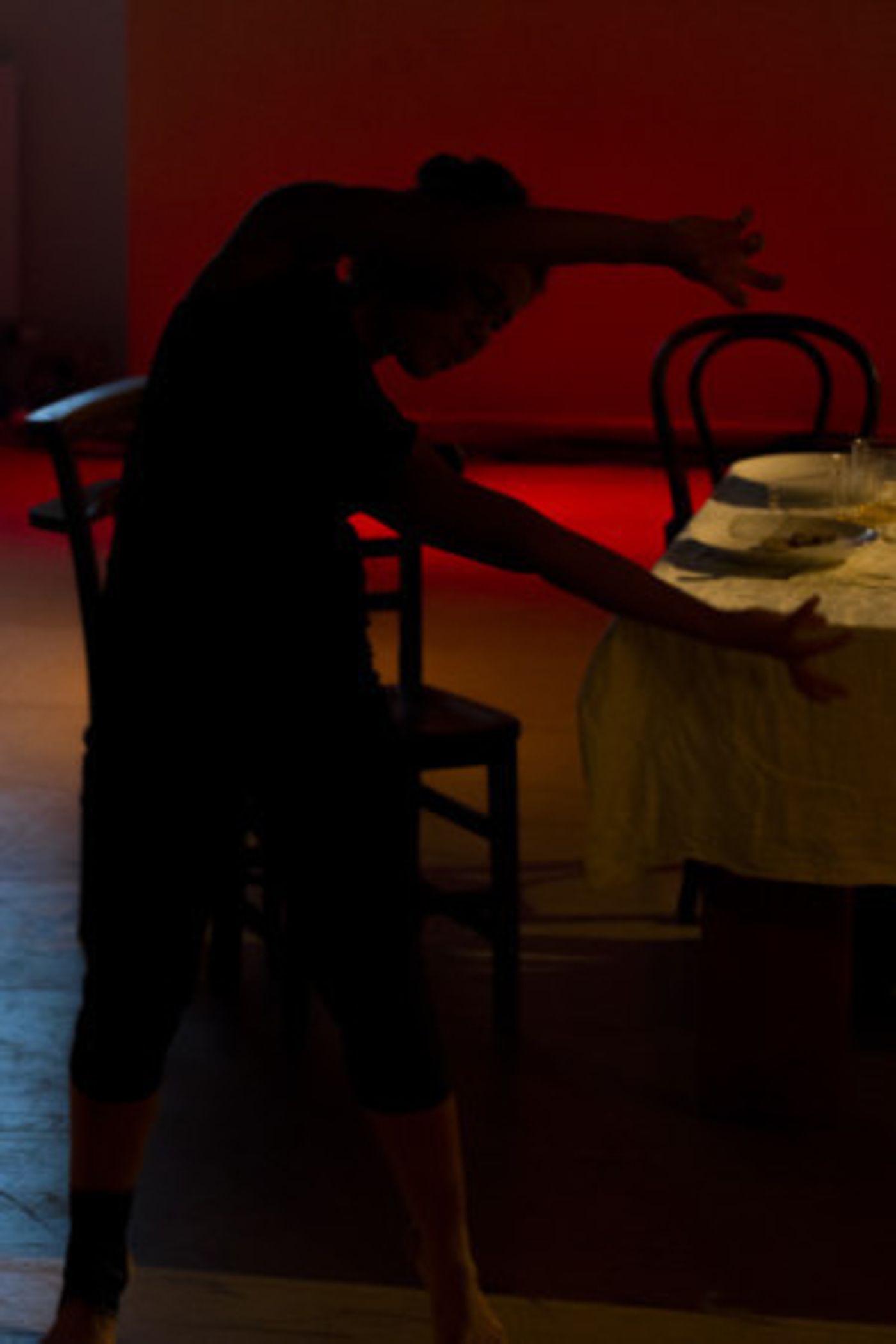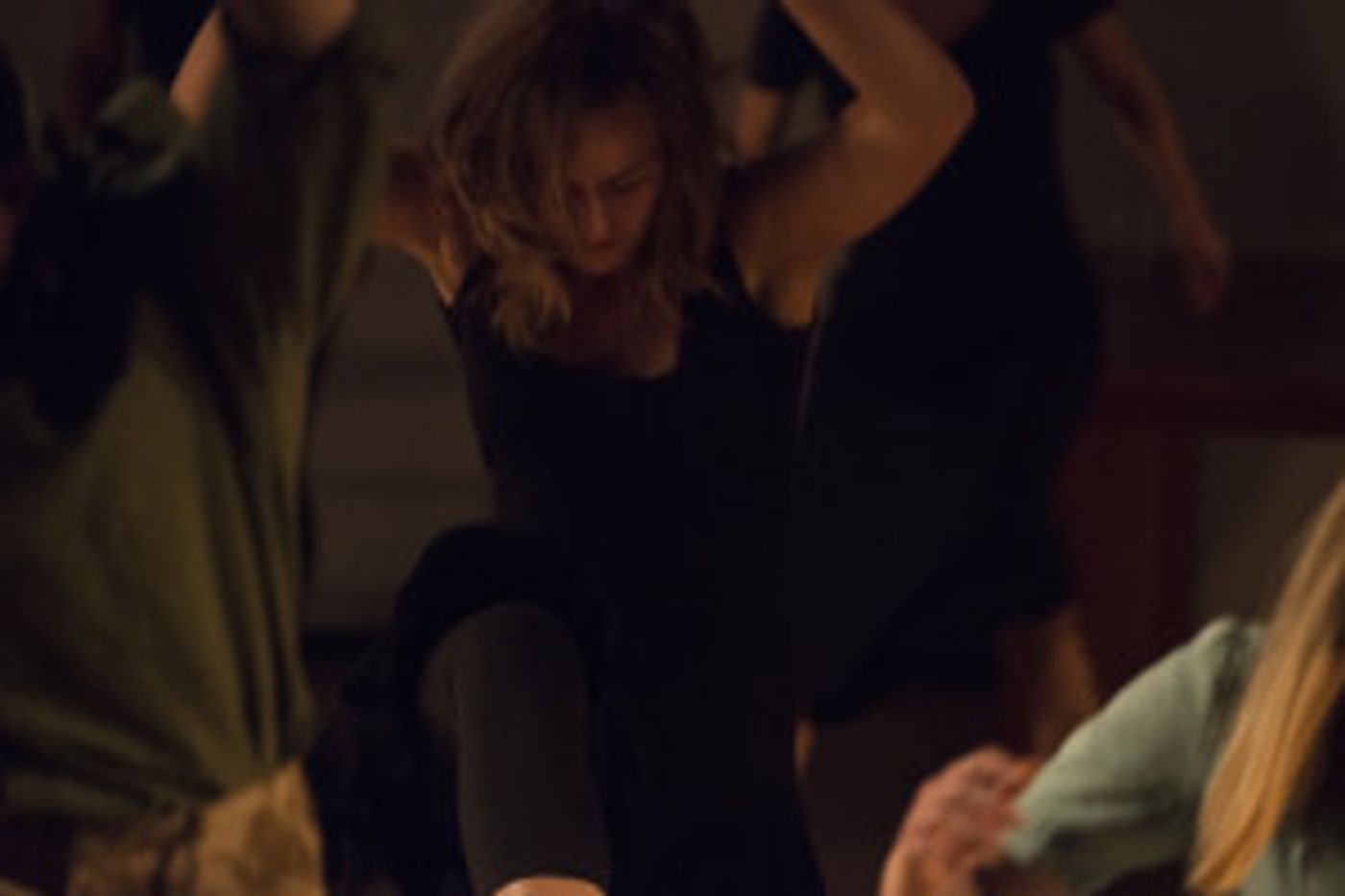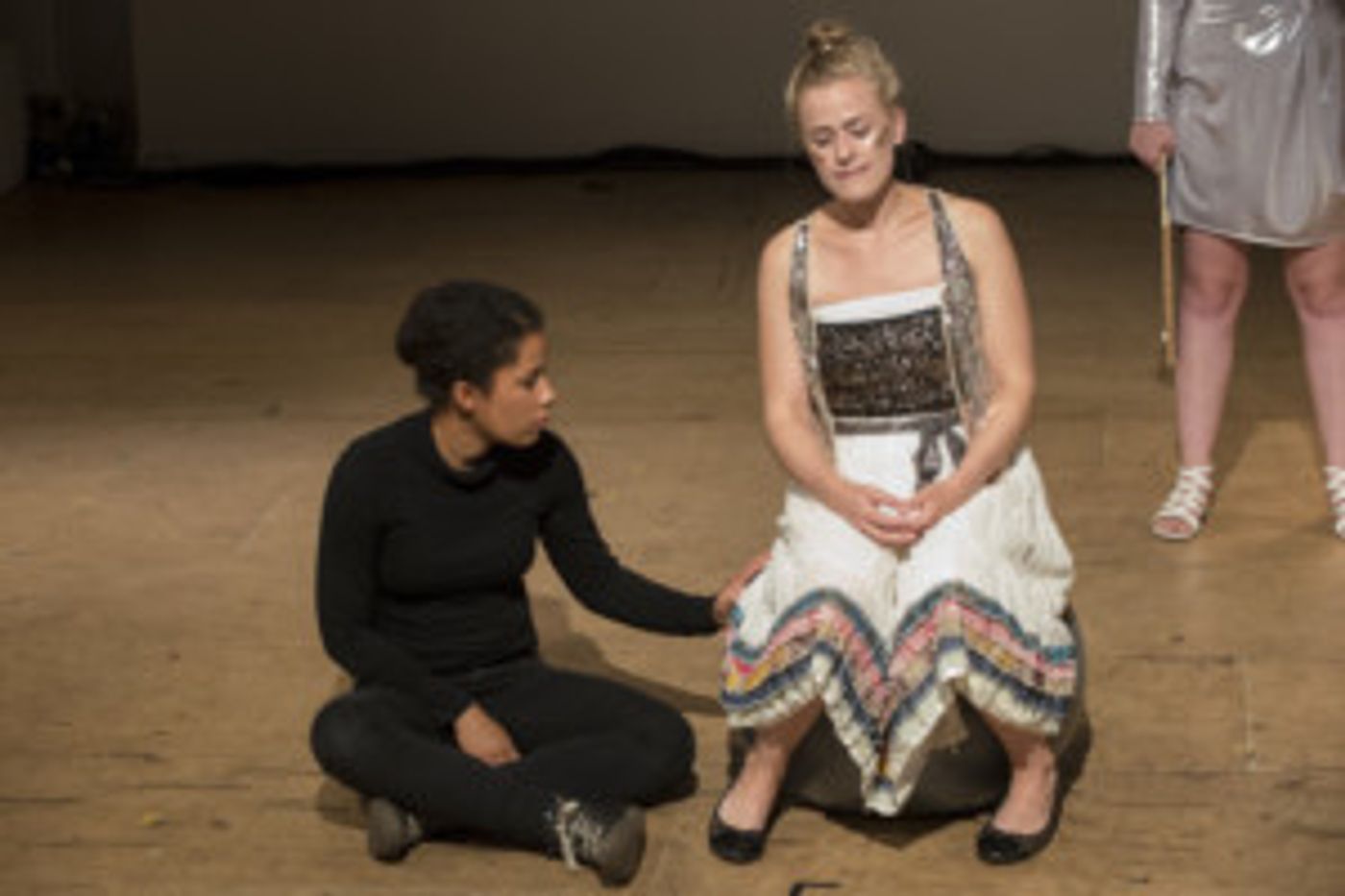Interview: Therese Ramstedt and Zandile Darko Talk FALL PRETTIER at The Space

Feminist theatre company Wet Paint takes over The Space to deconstruct the myth of Medea in Fall Prettier. The show, written by Therese Ramstedt and co-directed with Zandile Darko, promises catchy tunes and glitter while simultaneously questioning Medea's historically male-centred narrative.
Do you think modern audiences need to see Greek myths adapted specially for them to fully appreciate those stories today?
Therese: Definitely not! I think audiences are fully capable of going to see just about anything and making their own minds up about it. However, I am not so sure that the stories in Greek mythology are necessarily all that different from most contemporary stories and narratives (particularly about women) presented to us today.
And that's what we were interested in exploring: the blurred lines between context and reality at first glance might seem very far removed from where we are today, but as we delve into it, the classic archetypal narratives are still very integrated in how many of us act and think. Scary, but oh so interesting!
Do you think Greek myths can still teach us something and speak about our society?
Zandile: Medea has been the starting point of our exploration, but ultimately Fall Prettier is taking the audience on a journey through time, asking questions about prescribed narratives women have been facing throughout history. We do think retelling mythological characters through new perspectives - in this case female perspectives - is definitely necessary and can speak about and to a society today.

What is your play about?
Therese: At the heart of it is the resilience and power of women resisting their prescribed roles and storylines. The starting point is indeed the Medea myth, but it was important to make it a personal story and to explore the characters of Medea and Glauce (the 'other woman') from perspectives that felt like their own and not just in relation to Jason, the man.
The piece is also an exploration of the idea that just because we are in opposition of certain structures, it doesn't mean we're not complicit in them - regardless of where we are on the 'privilege spectrum'.
We can question the structures all we want, and that's obviously a crucial start, but real change happens when we start to question ourselves within said structures - and our own contribution to their existence.
How did you approach the deconstruction of the myth?
Therese: It started with a jingle about Medea, Killer of Babies, which I improvised whilst sat with Zandile in a meeting room. That triggered reflections about the fact that so many of the retellings of Medea appear to be either told by men or talking about Medea in relation to men. She killed her children because she was jealous and so desperately in love with Jason, or she killed them because she was mentally ill.

in Fall Prettier
So often those are the only possible explanations provided for why a mother would kill her children, so a starting point for us was the question of how a perfectly sane woman would make that choice.
And then it became a question not just about Medea herself, but rather about the context of the world she inhabits. And through that, the reconstruction of the myth in Fall Prettier also becomes a deconstruction of us as performers and the line between the characters and ourselves becomes increasingly blurred.
How would you describe the show?
Zandile: Fall Prettier is a fast-paced and glitter-dusted piece with movement and song in it. It has strong visuals, poetic and humorous moments. We hope it will be entertaining and simultaneously asking uncomfortable questions of how far removed this retake on the Medea myth actually is from our reality.
What can audiences expect from it?
Zandile: We want Wet Paint's work to be a starting point for conversations about today's urgent topics. With Fall Prettier we hope our audiences will leave with questions about what resilience, solidarity and empowerment can mean for us today.
Therese: Exactly, hopefully it will be something which manages to be both fun and thought-worthy, and which raises questions rather than providing ready-made answers. I think audiences can expect to be challenged, but also empowered. And they can definitely expect some jingles stuck in their heads by the end of the show!
Fall Prettier runs at The Space from 25 to 30 June.
Videos

